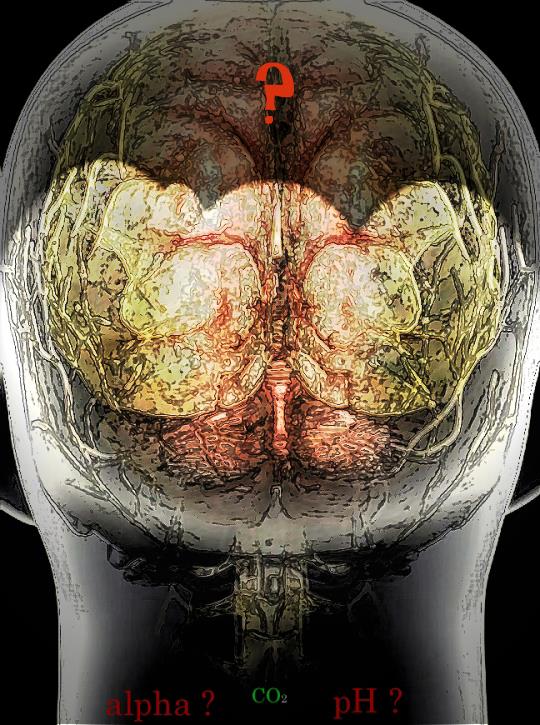CNS & CPB

CNS & CPB
The major postoperative neurological complication associated with open-heart surgery and cardiopulmonary bypass is stroke, which is defined as a sudden onset of a focal deficit of the central nervous system lasting longer than 24 hours. While this clinical finding occurs in approximately 1-5% of cardiac surgery patients, 70% of cerebrovascular sequelae occur in the postoperative period.13 The more obvious indicators for this defect include visual impairment, hemiparesis, aphasia, and sensory impairment. Subtle indicators of damage to the nervous system that do not meet the clinical definition of stroke include abnormal reflexes, loss of the sensation of vibration, impaired locomotion, and visual acuity and motor function defects associated with retinal lesions or infarction.
–
The central nervous system is sensitive to hypoxemia. It is at risk when hypoperfusion results from hemodynamic instability. Coronary artery disease in combination with advanced age compounds this risk as a result of carotid artery lesions developing into obstructive stenosis and compromising cerebral perfusion. The patient history should be reviewed for evidence of carotid bruits or indications of stenosis which may require endarterectomy prior to or in conjunction with open-heart surgery. Cardiopulmonary bypass may exacerbate an already tenuous condition by compromising cerebral perfusion with changes in arterial blood pressure and flow. Other alterations may be effected due to hypothermic response, hypocarbia, venous congestion from superior venacaval obstruction, and introduction of emboli having thrombotic, gaseous, or particulate origin.2 Nitrous oxide must be avoided if air embolization is suspected. Hyperglycemia may intensify global and focal insults to the central nervous system and should be controlled with insulin.
–
The incidence of cerebrovascular insult can be related to age, valvular repair or replacement, the extent of aortic calcification, preexisting cerebrovascular disease, and may be more prevalent in women. The presence of cerebrovascular disease indicates the need to maintain higher perfusion pressures during cardiopulmonary bypass. Cerebral hypoperfusion can most often be attributed to systemic hypotension, low flow indices, nonpulsatile perfusion, and incorrect arterial or venous cannula placement. Recent history of stroke should be considered a contraindication for anticoagulation therapy and may represent the need to postpone cardiac surgery.
References
Rogers AT, Newman SP, Stump DA, Prough DS. Neurologic effects of cardiopulmonary bypass. In Gravlee GP, Davis RF, Utley JR, eds.
Cardiopulmonary Bypass: Principles and Practice. Baltimore, MD. Williams & Wilkens; 1993:542-576.

